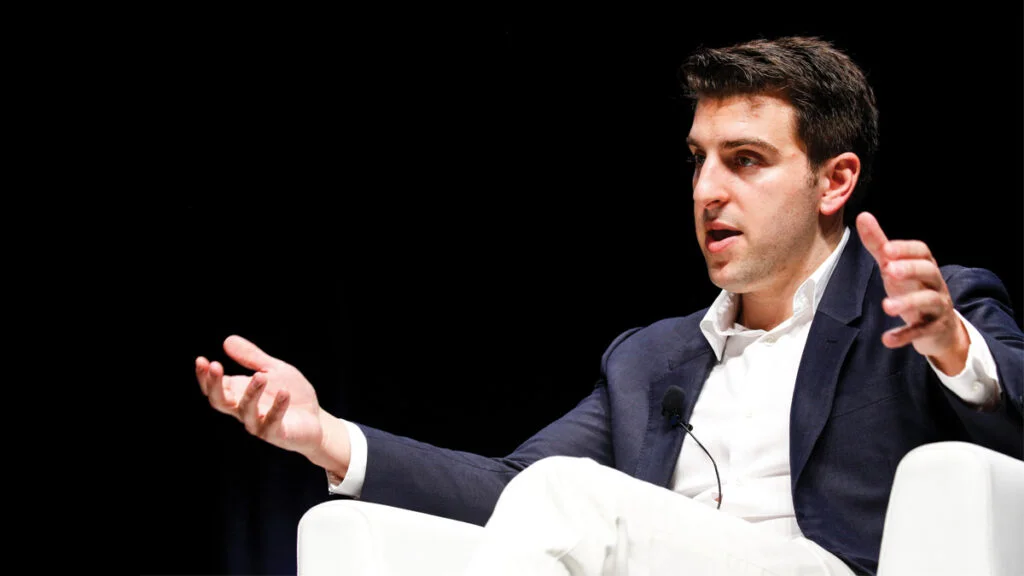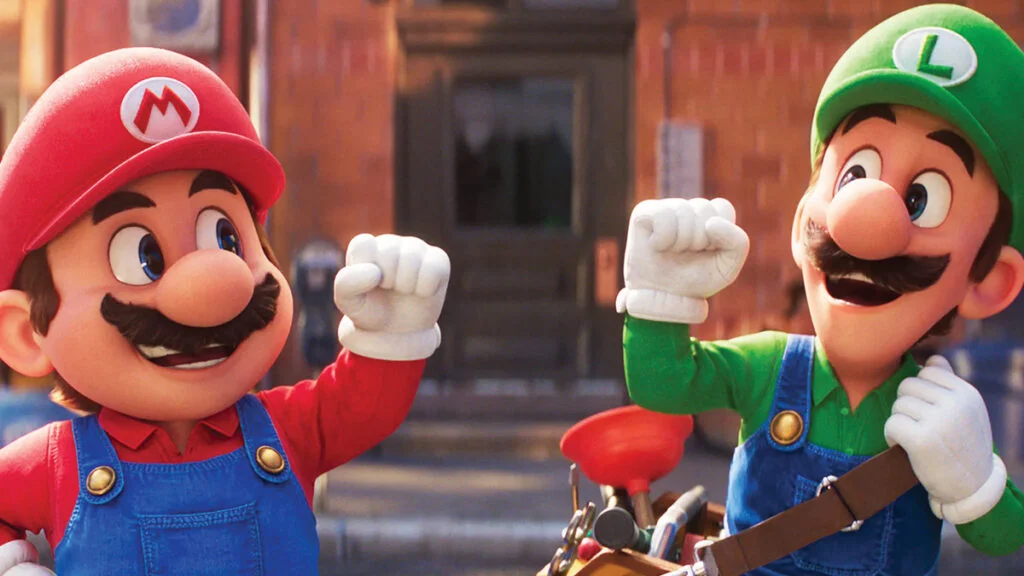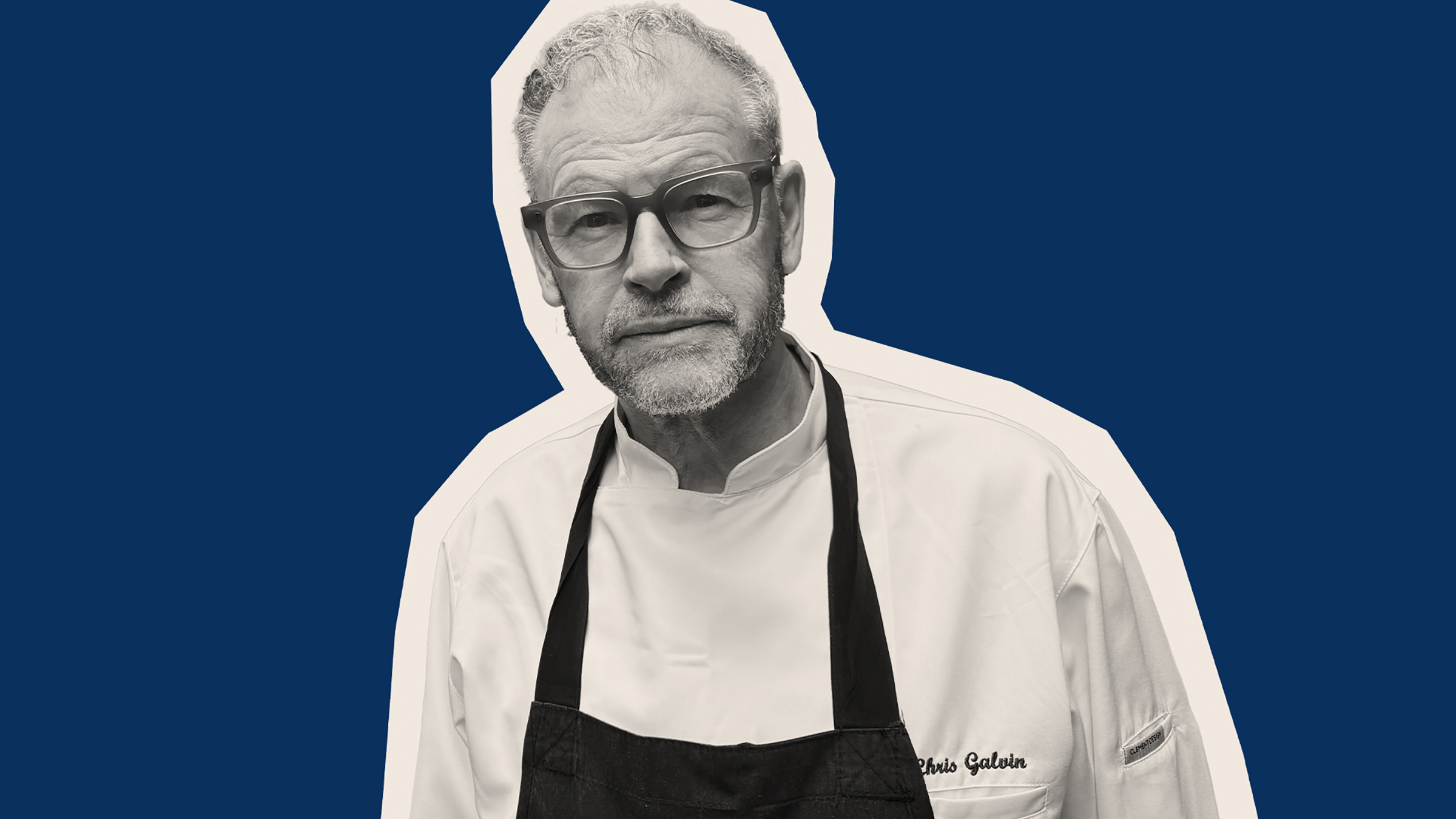
“Adaptability is paramount in today's dynamic business landscape,” says Chris Beer, professor of practice at Warwick Business School. “Organisations must be prepared to pivot their strategies swiftly, driven by factors such as market shifts, technological advances and changing customer expectations”.
According to PwC’s 27th UK CEO Survey, one in five chief executives says their organisation will not be economically viable within ten years on their current path, compounding the importance of pivoting.
Many successful companies have pivoted, and here’s our list of those who did it best:
Slack

Slack was originally formed to create a collaborative, non-competitive online game called Glitch, but by the fourth year of building, its co-founders were considering changing direction. Work on the game stopped because they would have had to raise more money without growth, said co-founder and chief technology officer Cal Henderson at Slush 2023, the annual tech start-up event held in Helsinki.
The co-founders spent “about eight days” brainstorming ideas before deciding to utilise the collaboration tools they had built to work on Glitch, believing other small technical teams would benefit from them too. After managing to keep all their existing investors, they eventually convinced people to try the product, which informed much of what the cloud-based team communication platform eventually became.
In 2020, Slack was acquired by Salesforce for $27.7bn (£21.7bn).
“Pivoting from Glitch to Slack was fairly intuitive for us, given it naturally addressed a universal need for all businesses: a desire to better communicate and collaborate,” Henderson said.
Nokia
Nokia began as a wood pulp mill in Finland in 1865. Its second mill opened three years later in a town called Nokia, where it would later take its name.
After World War I, Nokia was bought out by Finnish Rubber Works, a maker of galoshes, hoses and tyres. They were subsequently acquired by Finnish Cable Works, an exporter of telephone and electricity cables to the Soviet Union, marking the beginning of Nokia’s electronic venture.
In the 1960s, Nokia transitioned into telecommunications and in 1982 introduced its first carphone, Mobira Senator and its first handheld mobile, Mobira Cityman, in 1987.
Between the 1980s and 2000s, all but the telecommunications business exited the company, and in 1999, Nokia released the Nokia 3210 and 3310 mobiles, which each sold more than 100 million units.
“Our pivot in 1991 meant that we were more than a manufacturer. We became an enabler, a connector of people and places,” said Pekka Lundmark, Nokia’s president and chief executive.
Airbnb

Founded in 2008 as Airbedandbreakfast.com, Airbnb’s initial concept was to provide a housing solution focused on conferences by offering an airbed and breakfast in short-term accommodation.
To pay off $30,000 (£23,649) worth of credit card debt, the founders developed Barack Obama and John McCain-themed cereal boxes during their 2008 presidential campaigns. Advertised as limited-edition collector items and selling for $40 (£31.53) a box, the company remained afloat, impressing investors and securing $600,000 (£472,986) in funding by the end of the year.
In 2009, the name was shortened to Airbnb after the transition to listing rooms and properties for travellers looking for cheaper accommodation. During the Covid-19 pandemic, the company expanded its offering, pivoting its product line in 14 days to offer online experiences. Now with more than 800 experiences, two million guests per night and a $26bn (£20.5bn) valuation, Airbnb has thrived since the initial concept.
Airbnb founder and chief executive Brian Chesky said: “Every single opportunity is a moment we have to pivot and move fast.”
Prove
Prove was founded in 2008 as Payfone Inc., a mobile tech start-up that allowed users to pay for goods using a phone number. In 2013, Payfone secured private equity and began its pivot to the identity verification and authentication platform it is today.
The company remained out of the public eye for two years to develop a new premium product, Identity Certainty, which verifies the person using a mobile phone is the owner of the underlying bank account, and built stronger relationships with banks and network providers.
In 2020, Payfone successfully rebranded as Prove. “The decision came from the need to update a legacy name after successfully pivoting from a mobile payment company with a much slimmer scope to one with an expanded focus on solving digital identity challenges for a much wider market,” chief executive Rodger Desai said.
After Prove raised $40m (£31.5m) in October 2023, TechCrunch reported it had passed the $1bn (£788m) valuation mark.
Netflix

US streaming giant Netflix began life as a DVD-by-mail movie rental service in 1997. By 2005 the company was posting one million DVDs a day. The following year, despite having more subscribers, Netflix started to lose market share to its main rival, Blockbuster.
In January 2007, it launched a streaming media service via the internet. At the time, Netflix had just 1,000 films available for streaming compared to 70,000 on DVD. The following year, its rental disc subscribers were given free access to unlimited streaming and, by the end of 2008, Netflix had stopped selling used DVDs.
By 2009, streams had overtaken DVD shipments and Netflix never looked back. Fast forward to today and the company is the most subscribed video-on-demand streaming media service with more than 247 million users.
Groupon
In 2007, Andrew Mason co-founded ThePoint, a tipping-point-based collective action website dedicated to getting people together to accomplish local philanthropic and community goals.
When looking to drive revenue, the company soon realised some of the most effective campaigns brought customers together to gain collective buying power at local businesses. It began featuring a side blog that offered readers a different deal from various vendors every day. This aligned with consumers' cost-conscious habits during the 2008 financial crisis and Groupon - then called Getyourgroupon.com - was born.
The first Groupon was a two-for-one pizza deal and, by 2011, the company was valued at $16bn (£12.5bn) with a $750m ($588m) IPO. Post-IPO, Groupon encountered challenges and reduced its global footprint, but continued its pivot to a marketplace offering thousands of local experiences and services, goods, travel, and discount codes.
“Since 2007, we've evolved into a global leader in local commerce,” interim chief executive Dušan Šenkypl said.
Play-Doh

Founded in 1912, Kutol began as a wallpaper cleaner to remove the black residue coal heaters left on walls. However, with the increase in popularity of oil and gas heaters in the 1950s, demand for wallpaper cleaner fell.
Its fortunes changed when one of the founder’s sisters-in-law, a kindergarten teacher, discovered the product could be used for modelling products, and tested it with the children in her class, who loved it, and suggested the name Play-Doh.
According to Fortune, Play-Doh has sold more than three billion cans since its debut in 1956. Owned by Hasbro from 1991, the product line has expanded to include Zoom Zoom Vacuum and Clean-up Toy, Airplane Explorer Starter Set, and a variety of different textured slimes such as Foam and Crystal Crunch. In 1998, Play-Doh was inducted into the US National Toy Hall of Fame.
SKOOT
SKOOT was founded as a carbon-negative ride-sharing app with a focus on sustainable mobility, utilising technology to reduce congestion and pollution by facilitating shared journeys and planting trees for each ride taken.
Hit by the pandemic in 2020, SKOOT adapted its focus to offer an errand service and moved to a B2B platform to help bring people back to work in 2021. During this time, SKOOT recognised a demand for broader sustainability services. A national survey by SKOOT and YouGov found that 77 per cent of adults believe restaurants should increase sustainable efforts, which highlighted the urgency of this evolution in business.
This transition caused SKOOT to develop an eco-contribution model in the hospitality industry, which is a tool for businesses to facilitate sustainable practices, being synonymous with tipping, instead asking “Did you SKOOT?”
“The pivot to a climate-tech platform for hospitality and leisure businesses is a defining moment in SKOOT's history,” co-founder and chief marketing officer Mark Stringer said.
Nintendo

Fusajiro Yamauchi founded Nintendo Koppai in 1889 to produce hanafuda playing cards. In 1964, the playing cards began to lose popularity with a reported stock fall from 900 to 60 yen following the Tokyo Olympics, says Adam Sutherland, author of The Story of Nintendo. The decline caused Nintendo to try a few different business ventures, such as a taxi service and a 'love hotel', before reinventing themselves as a videogame company in the 1970s.
Creating the Game Boy in 1989 was revolutionary as the first portable handheld game system with interchangeable game cartridges, whilst Nintendo’s latest console, the Nintendo Switch, has sold more than 132 million units since its 2017 release.
Expanding to become one of the world's most well-known brands, Nintendo finished 2023 with an operating profit of $3.8bn (£2.98bn), according to its financial briefing at the end of the year.
Suzuki
The Japanese motor vehicle manufacturer Suzuki was formed in 1920 as the Suzuki Loom Manufacturing Co, 11 years after founder Michio Suzuki pioneered a new textile loom design. Suzuki sold his patented design to local people and managed to grow rapidly.
In 1937, he began to diversify and started designing his first car, but plans were shelved after the breakout of World War II. Transport development eventually continued after the cotton industry crashed in 1951, with Suzuki’s son, Shunzo, joining him.
Shunzo realised he could make his daily cycle ride much easier with an engine and by 1952 the “Power Free” 36cc motorised bicycle had gone into production. Car development resumed in 1954 with the formation of the Suzuki Motor Co, and production of Suzuki’s first car, the Suzulight, commenced a year later.
Today, Suzuki is one of the largest carmakers in the world, with more than 45,000 employees across 23 countries.
Related and recommended

Castore went ahead with its recent acquisition of Belstaff from Sir Jim Ratcliffe’s Ineos only when it was satisfied five key criteria had been met

The discipline it takes to be a top chef “also works well in the boardroom”, according to Chris Galvin, the chef patron of Galvin Restaurants

Raising the state pension age to save billions may seem attractive to a cash-strapped government but returns from earlier rises are dwindling

Roc Nation Sports International has a bold playbook for spotting and seizing global opportunities: be fearless and be comfortable being uncomfortable

